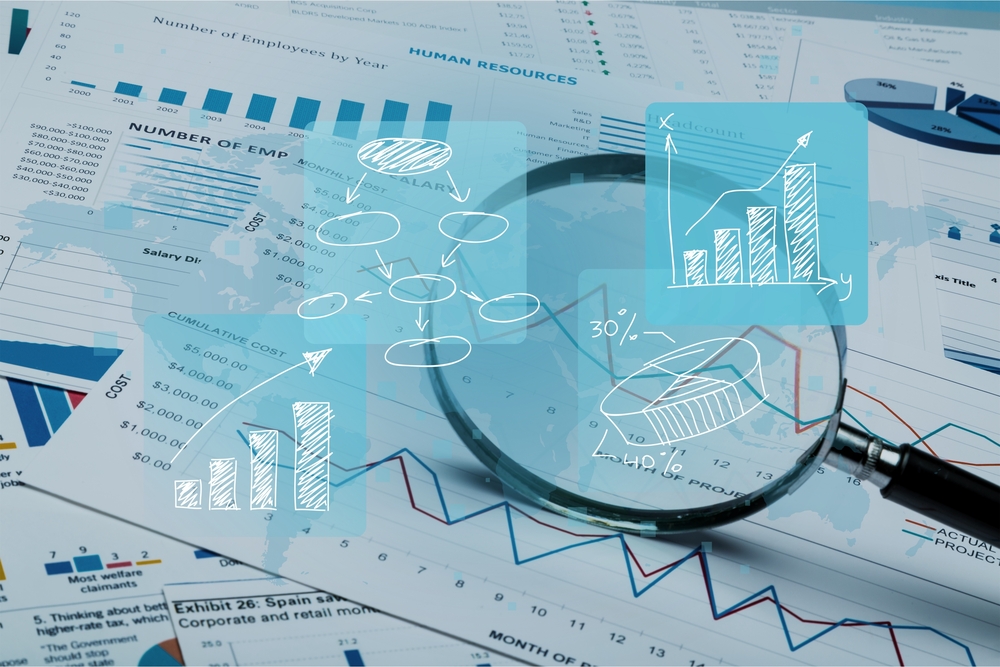Discover how to earn a degree in forensic accounting and gain the skills needed to uncover financial fraud and protect businesses from financial crimes. Prepare for a rewarding career as a forensic accountant and contribute to the justice system's efforts in combating white-collar crime.
Forensic Accounting is a fast-growing field that combines investigative acumen and financial expertise. As the name suggests, forensic accounting involves applying accounting principles to legal matters, whether they involve criminal fraud, civil disputes, insurance claims, or governmental regulation. A degree in forensic accounting can open the door to a dynamic career that plays a critical role in the modern business landscape. This article will delve into the specifics of what it takes to earn a degree in this fascinating field and will provide links to some of the top institutions offering this program.

Requirements to Earning a Degree in Forensic Accounting
The journey to earning a degree in forensic accounting usually begins with a bachelor's degree in accounting or a related field. The core curriculum typically includes courses in business law, managerial accounting, auditing, taxation, and financial reporting. These foundational courses equip students with a robust understanding of accounting principles and practices.
Once the basics are mastered, students can then delve into the specialized field of forensic accounting. This involves learning how to investigate financial discrepancies and fraud, interpret financial data, conduct litigation support, and provide expert testimony in court. Some programs may also offer courses in criminology and law enforcement to provide a holistic understanding of the forensic accounting field.
In addition to the coursework, students must also develop keen analytical skills, effective communication abilities, and a detail-oriented mindset. These competencies are essential for forensic accountants, who often need to sift through complex financial data, translate their findings into understandable terms, and present their conclusions convincingly in a court setting.
A forensic accounting degree is typically a Master's level program, requiring a bachelor's degree for admission. Some universities may also require GMAT scores, letters of recommendation, and a statement of purpose. It is also important to note that many professionals in the field opt to gain certification as a Certified Fraud Examiner (CFE) or Certified Forensic Accountant (CRFAC) to enhance their marketability.
Schools Offering Forensic Accounting Degrees
There are several reputable institutions across the globe that offer degrees in forensic accounting. Here are a few examples:
- West Virginia University: The university's renowned John Chambers College of Business and Economics offers a Master's degree in Forensic Accounting and Fraud Examination. This program is one of the few in the United States to be recognized by the National Institute of Justice.
- University of Portsmouth, UK: This program provides a comprehensive understanding of forensic accounting and criminal justice. It is accredited by the Association of Chartered Certified Accountants (ACCA) and the Chartered Institute of Management Accountants (CIMA).
- Carlow University: This Pittsburgh-based university offers a Master's degree in Fraud and Forensics, providing students with a deep understanding of the accounting, auditing, and investigative skills required in the field of forensic accounting.
Earning a degree in forensic accounting is an investment in a career that is both intellectually stimulating and financially rewarding. With the increasing complexity of the business environment and the rise in financial crimes, the demand for forensic accountants is expected to grow significantly over the next decade. As such, now is an opportune time to consider pursuing a degree in this exciting field. Whether you are just starting your academic journey or are a seasoned professional looking to specialize, a degree in forensic accounting can provide you with the knowledge, skills, and credentials you need to excel in this dynamic profession.